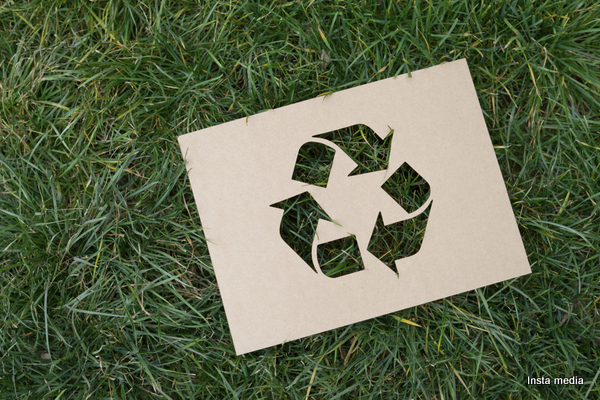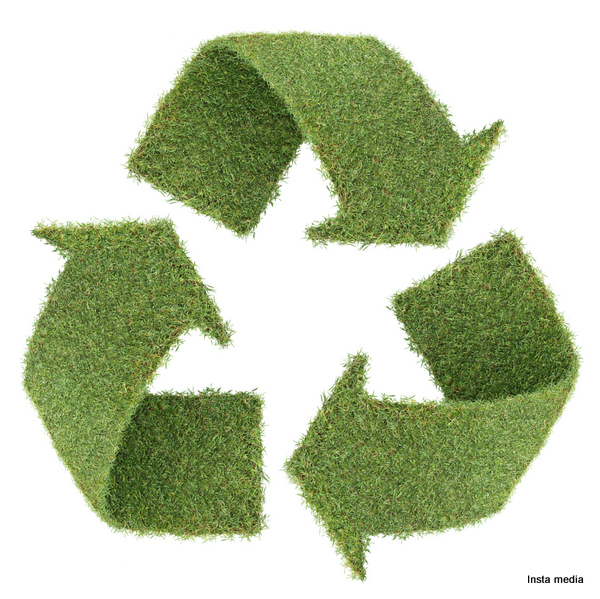It is a known fact that any major project would create many job opportunities in the economy. However, not all these major projects can be certified as being green or environmental friendly. As such, there should be a way to create more job opportunities and reduce the level of carbon footprint at the same time. Thankfully, recycling can do just that.

According to a report, titled “More Jobs, Less Pollution,” published by the NRDC in alliance with SEIU, Teamsters, BluGreen Alliance, Global Alliance for Incinerator Alternatives and Recycling Works, an increase by 75% in the national cycling rate would bring down pollution levels drastically and create more than 2.3 million job opportunities worldwide by 2030. Accordingly, some of the sectors in which recycling can increase job opportunities include reuse and remanufacturing industries, recycling industries and recycling reliant industries.
The report, released just ahead of the National Recycling Day, aims to promote the importance and benefits of recycling. It also aims to indicate the direct benefits of investment in recycling facilities on the economy and job market. This can be a huge breather for the US, whose recycling rate has never crossed the 30% mark in the last 20 years.

Countries like Austria, Switzerland and Netherlands recycle at least 50% of their wastes. Recycling has also helped these countries become economically strong over the years. As such, the US was able to generate nearly $236 billion, with nearly a million people getting employment in the recycling sector. This figure also accounts only for demolition debris, solid waste and construction debris, not taking into account industrial waste.
The “More Jobs, Less Pollution” report also states that recycling will have a direct impact on the CO2 emission levels, reducing them to an equivalent of taking 50 million cars off roads. This in turn would have a direct impact on the toxic emission rates, reducing them drastically. Another benefit of recycling is that it would use considerably less amounts of energy when compared to newly producing an item.
Summary
Even with all these benefits though, the recycling rate of several cities in the US remain below average. Cities like Massachusetts and San Francisco have taken extra efforts to solidify their recycling programs, concentrating on recycling municipal solid waste for the same purpose. Other cities would need to follow suit and target specific problem areas in order to make way for a robust economy sans any pollution.




